What to Expect During a Hearing Test
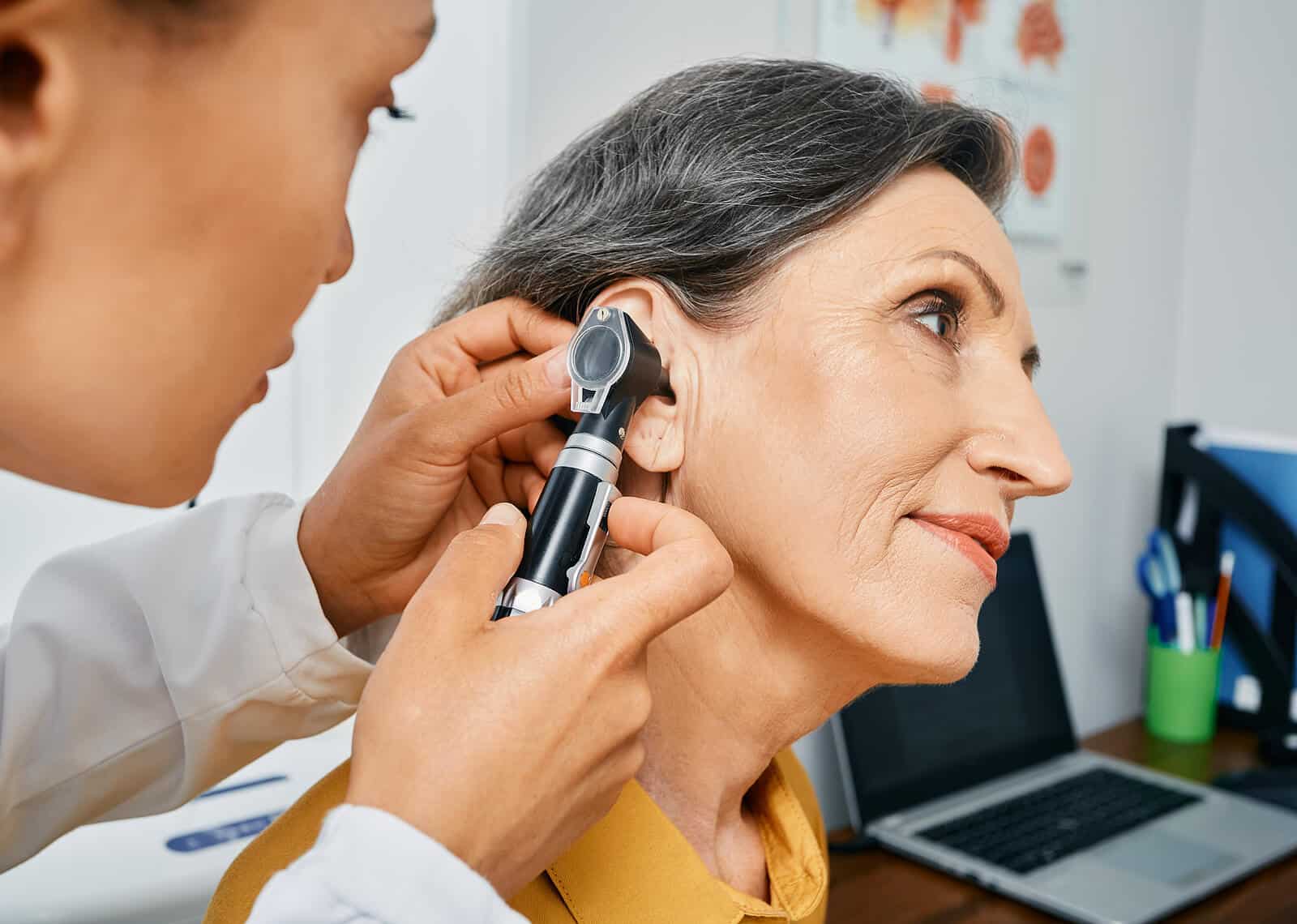
Hearing is a vital sense that impacts our communication, social interactions, and overall quality of life. If you're experiencing any of the following, it may be time for a hearing test:
- Difficulty understanding conversations, especially in noisy environments.
- Frequently asking people to repeat themselves.
- Turning up the volume on your devices to an uncomfortable level.
- Feeling isolated or disconnected due to hearing difficulties.
The Hearing Test Process

1. Scheduling and Preparation
- Appointment: Begin by contacting our friendly team and scheduling an appointment. Our team of qualified hearing health specialists are ready to assist you.
- Medical History: Be prepared to discuss your medical history, including any past ear infections, injuries, or exposure to loud noises.
- Questions: Prepare any questions or concerns you may have about your hearing.
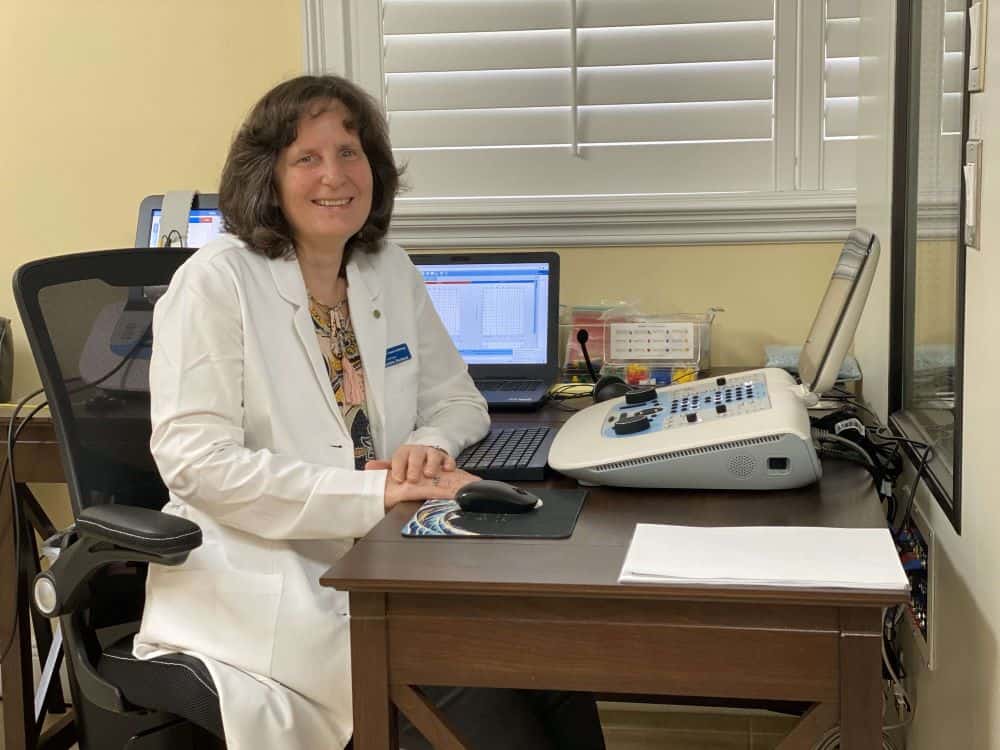
2. Arrival and Check-In
- Arrival: Arrive at our hearing clinic on time for your appointment.
- Check-In: You will be asked to complete some paperwork related to your medical history and insurance information.
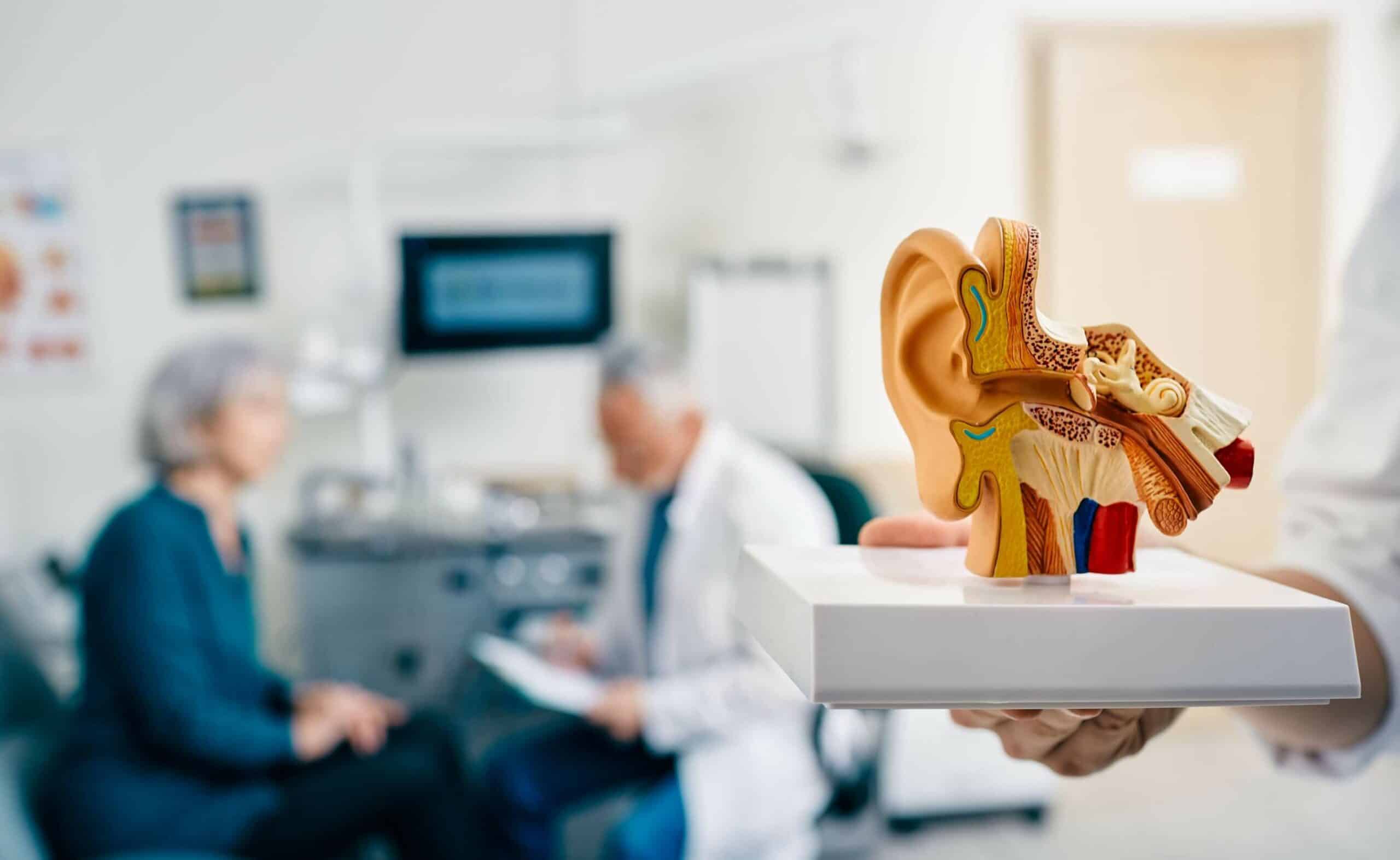
3. Initial Consultation
- Discussion: Our audiologist will meet with you to discuss your concerns, medical history, and any specific symptoms you've been experiencing.
- Otoscopic Examination: In many cases, a visual examination of your ear canal will be conducted to check for any physical abnormalities or blockages.

4. Audiometric Testing
- Pure-Tone Audiometry: This is the most common test. You'll wear headphones and listen for a series of tones at varying frequencies and volumes. You'll signal when you hear a tone, helping the audiologist determine your hearing thresholds.
- Speech Audiometry: You'll listen to and repeat words at different volumes to evaluate your ability to hear and understand speech.
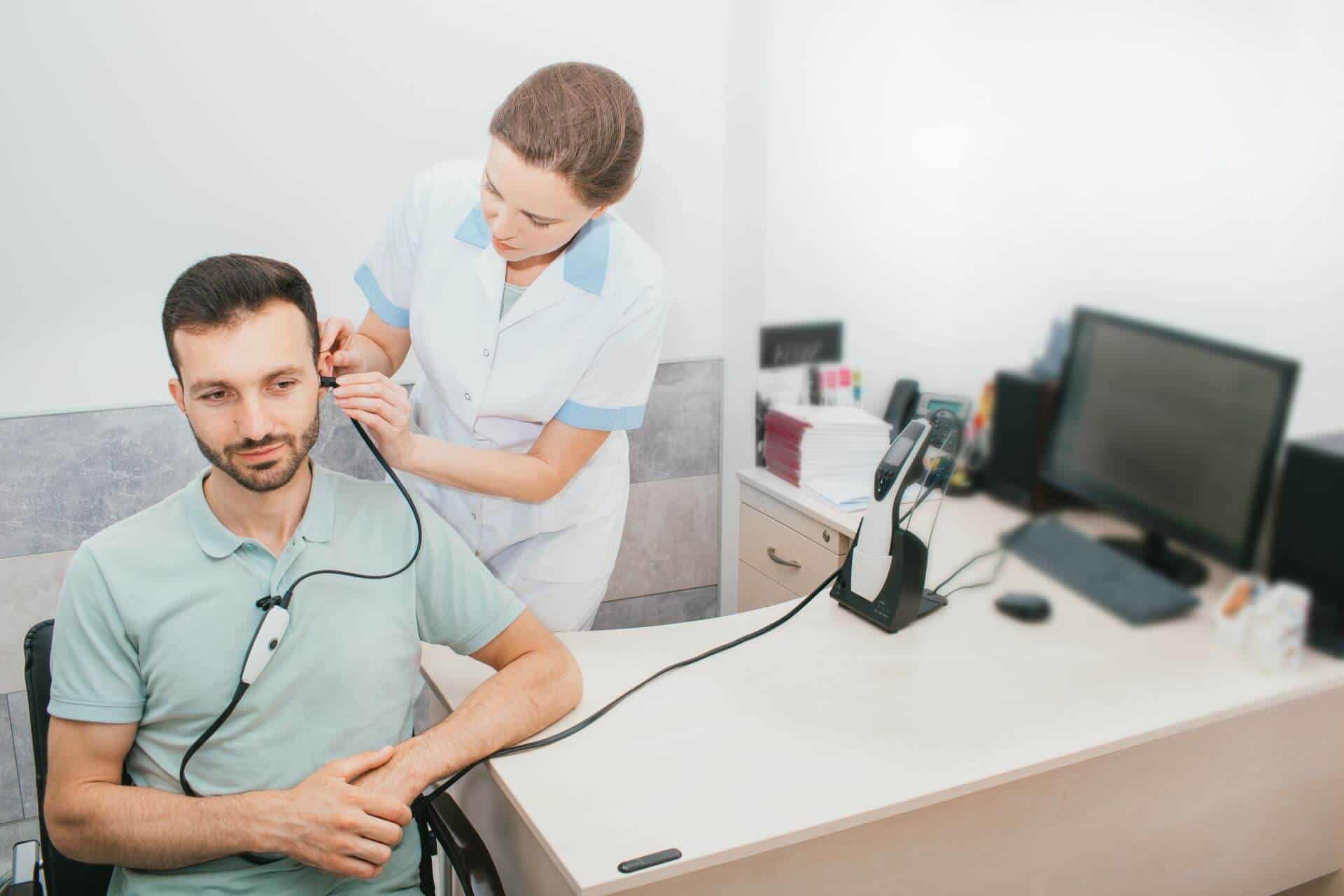
5. Tympanometry
-
Tympanometry: This test assesses the movement of your eardrum and the function of the middle ear. A small probe is placed in the ear to measure how your eardrum responds to changes in air pressure.
This test will be conducted if needed during the evaluation.
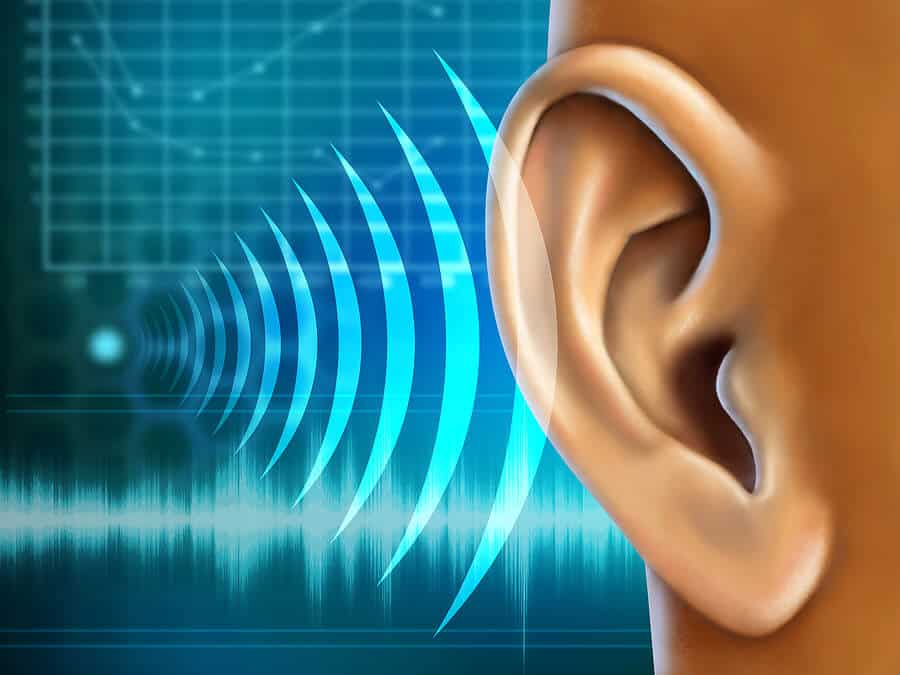
6. Otoacoustic Emission (OAE)
-
Otoacoustic Emissions: OAEs measure the hair cell function in the inner ear and is a test to determine how the inner ear is functioning. Soft sounds generated by the test are transmitted to the cochlea vibrating the outer hair cells. This vibration sends back a sound that is picked up by the equipment that will indicate normal or abnormal inner ear function.
This test will be conducted if needed during the evaluation.
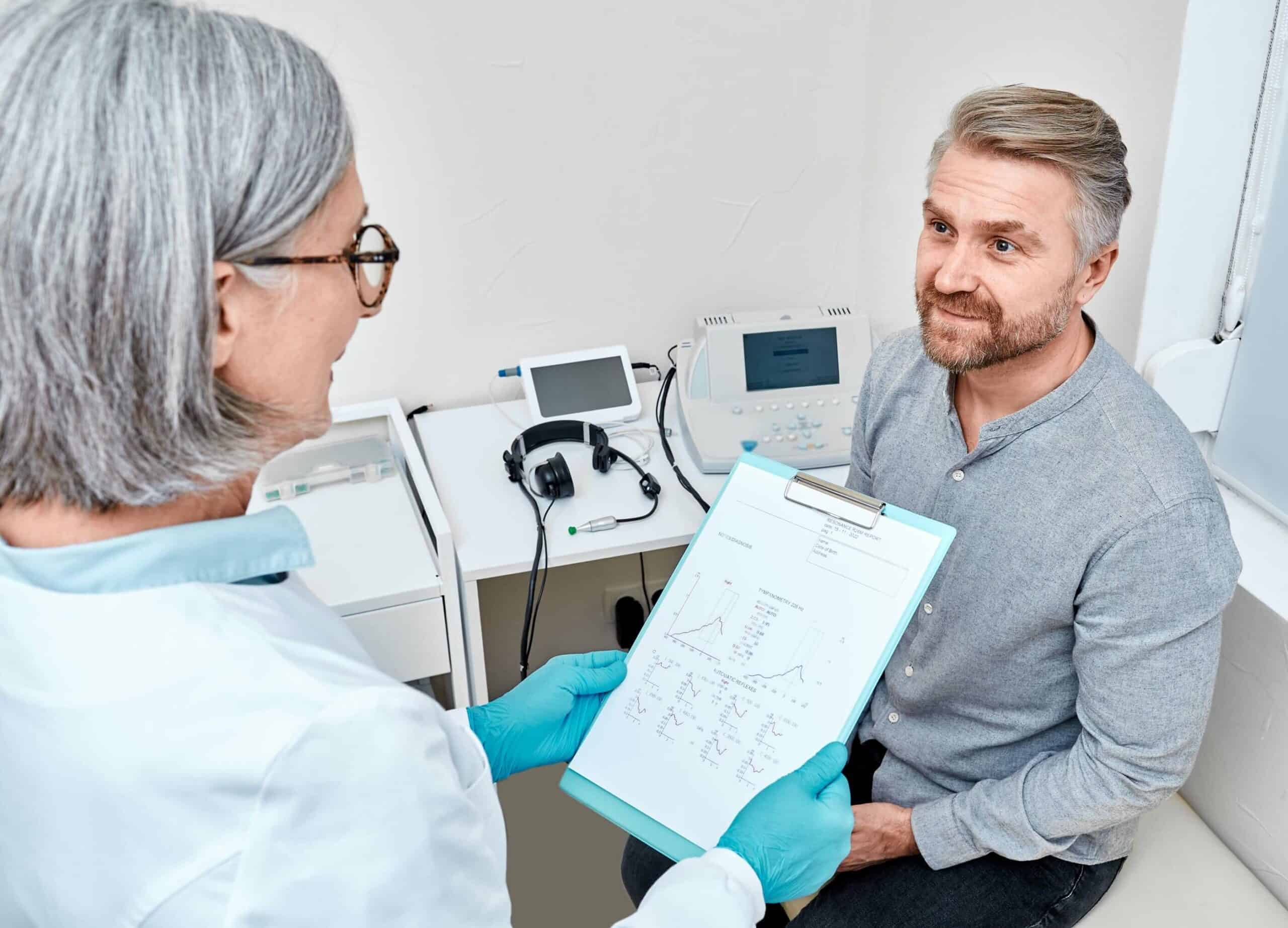
7. Results Discussion
- Explanation: Our audiologist will explain the results of your tests, discussing your hearing thresholds, any hearing loss, and its type and severity.
- Recommendations: Based on your results, our audiologist will provide recommendations, which may include hearing aids, medical treatment, or further testing.

8. Next Steps
- Treatment Plan: If hearing loss is detected, our audiologist and hearing team will work together with you to create a personalized treatment plan.
- Hearing Aids: If prescribed, you'll discuss options for hearing aids, including style, technology, and fitting.
Getting a Hearing Test
Getting a hearing test is a crucial step in maintaining your hearing health. It's a straightforward process that can provide valuable insights into your auditory well-being. If you have any concerns about your hearing or are experiencing any of the symptoms mentioned earlier, don't hesitate to schedule a hearing test with us.
At Treasure Coast Audiology, we are dedicated to helping you hear better and improving your quality of life. Contact us today to schedule your hearing evaluation and take the first step toward better hearing. Your hearing health matters, and we're here to support you on your journey to better hearing.
